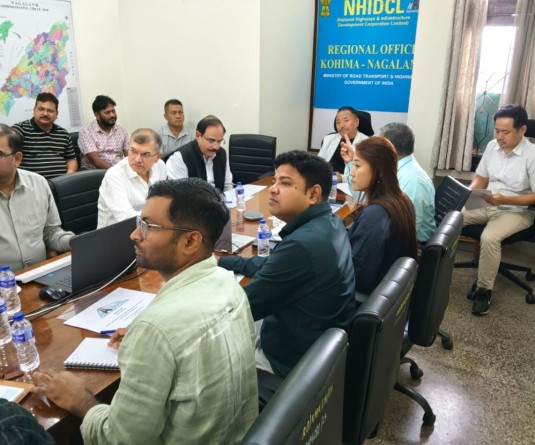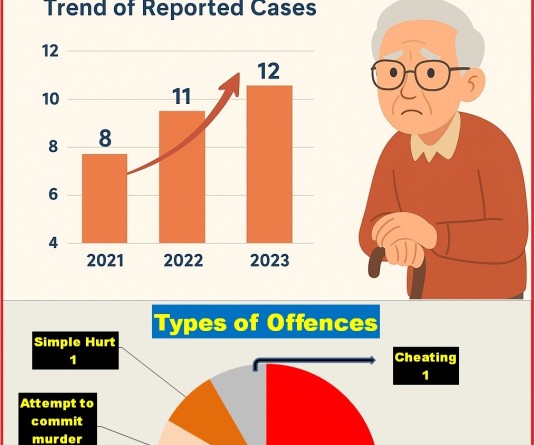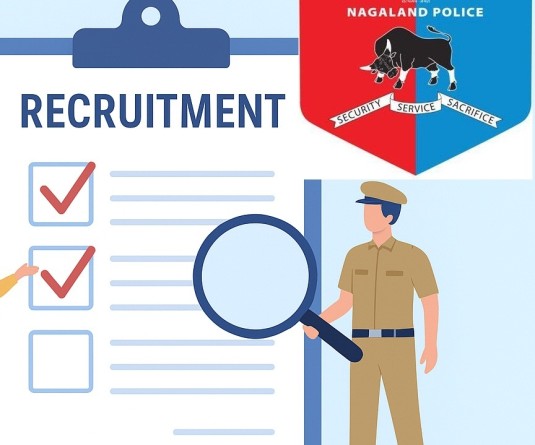
KES-NECU interaction looks at diverse perspectives
Morung Express News
Dimapur | November 27
Statistics are intertwined with the reality they are supposed to capture; connectivity is the key to development and should be the order of the day for development, while it is crucial to look history from insider’s perspective.
These, among others, were the key components of an interaction between Gordon Graham Prize for Naga Literature (GGPNL) Judges and Naga scholars held under the theme, “Policy Making in North East India” on November 27.
Jointly organised by North East Christian University (NECU) and Kohima Educational Society, which confers the annual GGPNL prize, the interaction brought together a political scientist, a pioneering Naga writer, and a data expert and commentator on the Naga issue.
In three sessions, Prof Abu NS Ahmed, Dr Vikas Kumar and Dr Easterine Kire interacted with the audience both online and offline, in hybrid and organic mode.
Kicking off the interaction, Prof Ahmed, currently the Director Research, Centre for Development and Peace Studies, Guwahati, citing the Deng Xiaoping’s remark, “Connectivity is the key to development,” emphasised on importance of connectivity, more particularly, the surface connectivity in the national economy of a country and also in matters of regional development of a sub-continent.
To this end, the former Professor of Dibrugarh University and Visiting Professor, at IIT Guwahati, highlighted on the erstwhile ‘Look East Policy’ and currently ‘Act East Policy’ of the Government of India.
He noted that while there are three means of connectivity– air, sea and surface; plus, of course, information and communications technology (ICT), surface connectivity is the only option for the region as air connectivity has been tried but failed owing to its inherent infirmities while by sea (Bay of Bengal) is quite far.
Prof Ahmed highlighted the importance of the Asian Highway (AH) No 1 which connects India’s North East with Myanmar, Thailand, Malaysia and Singapore, traversing in the region through four states Meghalaya, Assam, Nagaland and Manipur, before entering Myanmar at Moreh, covering a length of 762 kms.
The NE States geographically are in an advantageous position to enhance economic prosperity through AH connectivity, he said.
“Opening up the region to the outside world in terms of physical connectivity will entail opening up of the region as a potential market for micro enterprise commodities. If entrepreneurship culture is not developed, the region will be reduced to a mere transit point of human and outside-origin commercial traffics,” he, however, cautioned.
“To expedite these potentialities to bloom, there is a need for the formation of consortium of NE states to harness benefits and neutralise the negative possibilities such as, trafficking of small arms, drugs and human beings,” Prof Ahmed said.
Two frontline states, Nagaland and Manipur, have a major stake and AH will facilitate the export of their indigenous and value-added products, tourism, cultural festivals, he added.
Sharing on “Data, Development and Democracy: A Triple Deficit in Nagaland,” Dr Vikas Kumar of Azim Premji University, Bengaluru, underlined how these deficits are reinforcing each other, and how there is no “alternative to building trust in statistical institutions engaging all stakeholders.”
Most policy and academic discussions assume data are context-independent, but in reality statistics are ‘an integral part of the economic and social world, which they seek to describe,’ he added, citing Adam Tooze.
From this perspective, the poor quality of data is a product of the setting in which measurements are made. So, there is a need to understand statistics as if context mattered, he said.
Taking the context of contentious census Data of Nagaland in 2001, he cited how “many equated it [Census] with electoral rolls and saw the decadal Census exercise as an opportunity to increase the population in villages and towns to increase the vote bank.”
“These problems were also compounded by the developmental model followed in the State in which allocation of funds to Village Development Boards is made on the basis of population and households in a village. This naturally led many to try and increase the fund flow into their villages by showing non-existing population and households in the Census records,” he noted.
Also quoting the Director of Census Operation of the then Jammu and Kashmir State, he said “Everyone says neighboring areas exaggerated their population but their area in under-enumerated.”
“Data deficit is strongly related to development and democracy deficits in Nagaland and other parts East North East,” he added noting that standalone legalistic and technological solutions have limited efficacy.
“There is no alternative to building trust in statistical institutions engaging all stakeholders,” he said, pointing out how census data in Nagaland was ‘corrected’ by involving civil societies and social organisations.
In her disposition on “Writing Historical Fiction (Under the broad theme of literature),” Dr Kire batted for looking at history from insider’s perspective by the participants of the culture.
Earlier, NECU Vice-Chancellor Dr Darlando Khating opened the interaction while it concluded with vote of thanks by Dr P Ngully, 2nd chairperson of the Advisory Board, KES.






